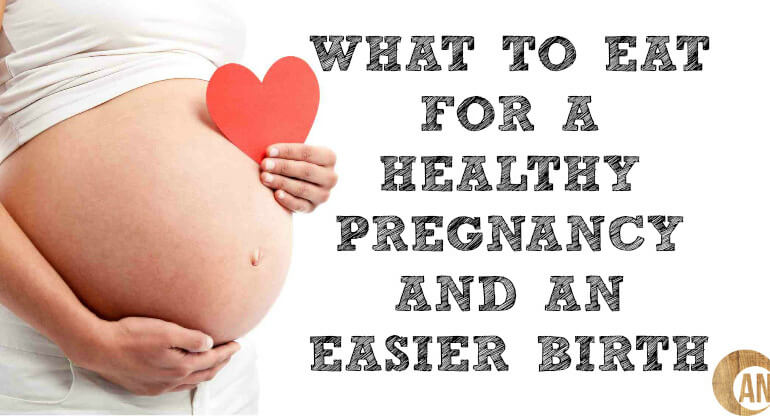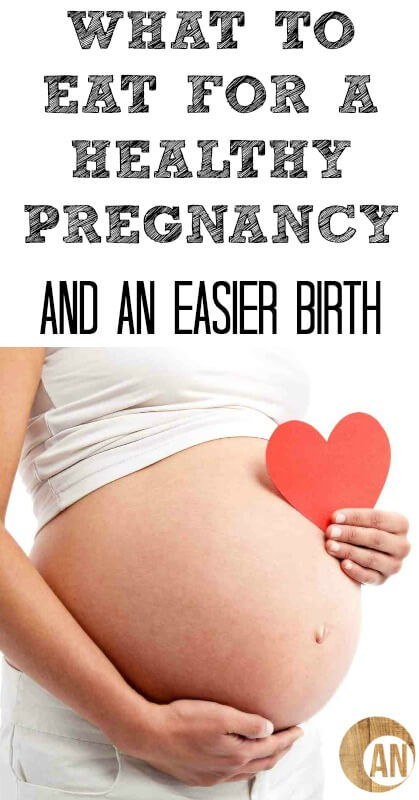
I’m getting married in a month. A month! And while I’m not planning on getting knocked up immediately, I am planning on preparing my body for a healthy pregnancy. You see, what you eat, drink, consume and apply to the body makes a huge difference in not only the health of the fetus, but a healthy pregnancy and birth in general.
Dr. Weston A Price traveled the world studying traditional cultures – cultures that still ate their ancestral diets, cultures that foraged and hunted their own food, cultures that were living on much as their ancestors had been for thousands of years. When Dr. Price asked a woman why they put such emphasis on eating the way they did, she told him “To make healthy babies.”
This has always resonated with me. I think most people have forgotten this ancestral wisdom – that pregnancy isn’t something to take lightly, it’s something that you need to prepare your body for. Pregnancy is not a time to let loose, gain a ton of weight and eat junk food. It’s time to nourish your body and your baby.
That’s what the food we eat does, it either goes toward building a healthy, beautiful fetus, or…not. The way you eat, the way you take care of your body and the avoidance of toxins all affect genetic expression. A lack of specific fats, vitamins and minerals can cause all sorts of problems, everything from cerebral palsy to autism. Eating poorly also sets you up for a more difficult birth. After talking to and reading books from several doulas and midwives, they say the way a woman nourishes her body during pregnancy hugely affects the type of birth she will have. While there is no guarantee of an easy birth, eating well can set you up for a healthier (and maybe even quicker!) labor. So don’t shove your face with Taco Bell; here’s what to eat to for a healthy pregnancy and an easier birth!
FAT AND PROTEIN
If you haven’t already, now is the time to ditch the low-fat bullshit. Fats are crucial not only for your health, but the health of your baby. You need to consume an adequate amount of omega-3 fatty acids, this will help nourish the baby and support proper fetal development. Two important omega-3s are DHA and EPA – these help the brain develop and support the immune and nervous systems of the baby. Eat plenty of:
- egg yolks from pastured eggs (at least two a day)
- seafood (several times a week)
- grass-fed beef and lamb daily
- pastured butter
- coconut oil (at least 2 tbsp a day)
- raw/grass-fed dairy
PROBIOTICS
Whether they’re from fermented foods, fermented drinks or a probiotic supplement – every pregnant or soon to be pregnant woman needs probiotics. Probiotics promote a healthy immune system, fight pathogens and harmful bacteria, they even help protect against autism.
FISH OIL
Fish oil is extremely important during pregnancy and the months leading up to it. It is rich in omega-3s which reduce inflammation. From NYU School of Medicine,
Omega-3 fatty acids are essential for life and must be obtained from dietary means, either from seafood or fish oil capsules. It is likely that, during pregnancy, omega-3 requirements increase over normal to support fetal growth, particularly of the brain and eyes…Prospective studies in pregnant women who consumed the recommended fish intake or received supplements of fish oil generally demonstrate a beneficial effect on neurodevelopmental outcomes of offspring.
Because the body is unable to make omega-3s, they need to be obtained from food and/or supplements. I highly recommend a good fish oil supplement, although most are rancid or of poor quality. I only use Green Pastures and THIS omega-3 supplement from doTERRA.
COCONUT OIL
I take between 1-3 tbsp of coconut oil everyday (depending on whether I forget or not). Coconut oil not only boosts the metabolism, it’s rich in monolaurin. Monolaurin is anti-bacterial, anti-viral and anti-fungal. This will help keep you strong and boost your immune system, but it also helps protect you and the baby from harmful bacteria and viruses.
It also helps prevent yeast infections and bacterial vaginosis, both of which are more common during pregnancy. Score!
LIVER
Liver is the most nutrient dense food on earth. Gram for gram, no other food surpasses its nutrient density. It’s packed full of vitamins, minerals and healthy fats. It’s rich in vitamins A, E, D and K – all of which are necessary for growing a healthy baby. Liver is really the multivitamin of the food world. You should eat between 2-4 oz twice per week.
BONE BROTH
Bone broth is rich in collagen (which promotes elasticity of the skin – great for labor) as well as vitamins and minerals. It supplies a healthy dose of calcium as well. Bone broth also heals and seals the gut lining, which bolsters the immune system.
VEGGIES
Vegetables, especially leafy greens, are our antioxidant, minerals and vitamin rich friends. They should be eaten liberally throughout pregnancy.
DATES
Researchers have found that eating dates during pregnancy improved dilation, spontaneous labor and promoted shorter labors. Pretty sweet, huh?
The women who consumed date fruit had significantly higher mean cervical dilatation upon admission compared with the non-date fruit consumers (, and a significantly higher proportion of intact membranes. Spontaneous labour occurred in 96% of those who consumed dates, compared with 79% women in the non-date fruit consumers. Use of prostin/oxytocin was significantly lower in women who consumed dates (28%), compared with the non-date fruit consumers (47%). The mean latent phase of the first stage of labour was shorter in women who consumed date fruit compared with the non-date fruit consumers. It is concluded that the consumption of date fruit in the last 4 weeks before labour significantly reduced the need for induction and augmentation of labour, and produced a more favourable, but non-significant, delivery outcome.
RED RASPBERRY LEAF TEA
Red raspberry leaf tea strengthens and tones the uterus. It is also rich in antioxidants and minerals. I recommend THIS tea, which is also made with iron-rich nettle, relaxing chamomile and rose hips to prepare expectant mamas for labor.

Sources:
http://www.ncbi.nlm.nih.gov/pmc/articles/PMC3046737/
http://www.westonaprice.org/health-topics/diet-for-pregnant-and-nursing-mothers/
http://www.ncbi.nlm.nih.gov/pubmed/21280989
Original article and pictures take ancestral-nutrition.com site
No comments:
Post a Comment